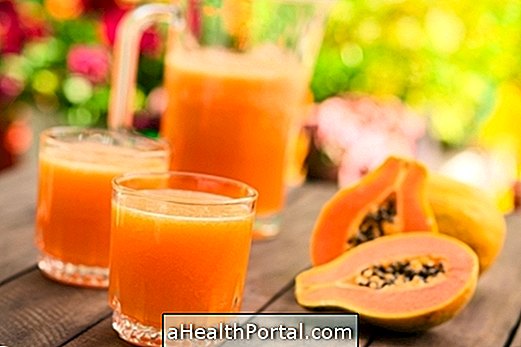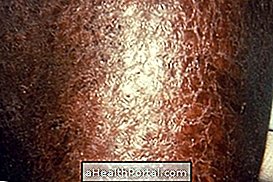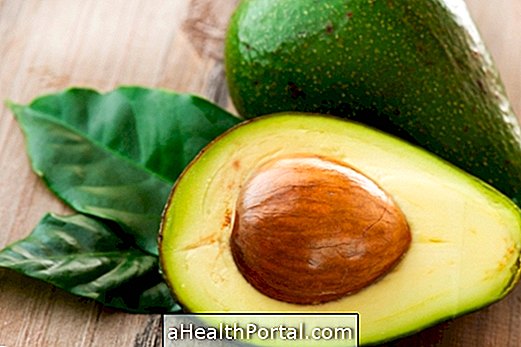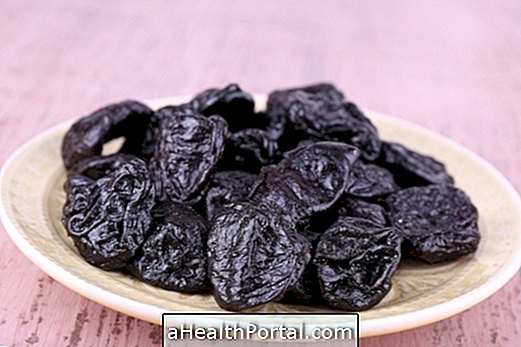Mangaba is a small, round, reddish-yellow fruit that has beneficial health properties as an anti-inflammatory and pressure reducing effect, aiding in the treatment of diseases such as hypertension, anxiety and stress. Its pulp is white and creamy, and its peels and leaves are widely used to make teas.
The benefits of mangaba for health are:
- Regulate blood pressure as it relaxes blood vessels and reduces pressure;
- Helps relax and combat stress, because of the relaxation of blood vessels and improve circulation;
- Acting as an antioxidant, being rich in vitamin A and C;
- Prevent anemia by containing good amounts of iron and B-complex vitamins;
- Help regulate bowel functioning as it has laxative properties.
In addition, tea from mango leaves is widely used to regulate high blood pressure and relieve the pains of menstrual cramps.

Nutritional information of Mangaba
The following table shows the nutritional information for 100 g mango.
| Quantity: 100 g of mangaba | |||
| Energy: | 47, 5 kcal | Calcium: | 41 mg |
| Protein: | 0.7 g | Phosphor: | 18 mg |
| Carbohydrate: | 10.5 g | Iron: | 2.8 mg |
| Fat: | 0.3 g | Vitamin C | 139.64 mg |
| Niacin: | 0.5 mg | Vitamin B3 | 0.5 mg |
Mango can be consumed fresh or in the form of juices, teas, vitamins and ice creams, and it is important to note that its benefits are only found when the fruit is ripe.
How to Make the Mangaba Tea
Mangrove tea can be made from the leaves of the plant or stem house and should be prepared as follows:
- Mangrove tea : Put 2 tablespoons of mango leaves in half a pint of boiling water. Boil for about 10 minutes, turn off the heat and let stand for another 10 minutes. One should drink 2 to 3 cups of tea per day.
It is important to remember that the use of mangaba tea plus the use of medicines to treat high blood pressure can cause drops in pressure and does not replace traditional medicines, especially if the tea is used without medical advice.
To help treat hypertension, see another home remedy for high blood pressure.
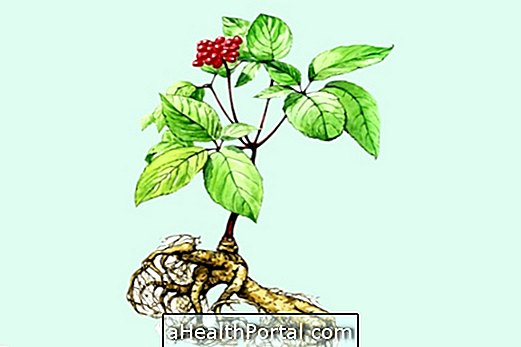
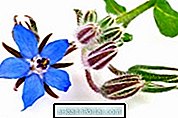
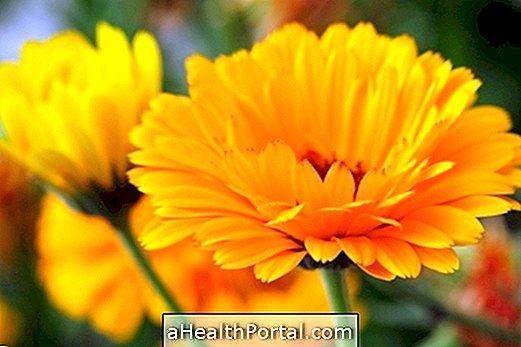
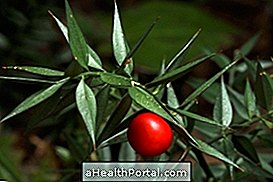
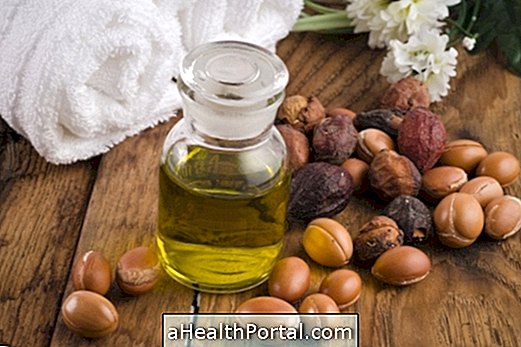
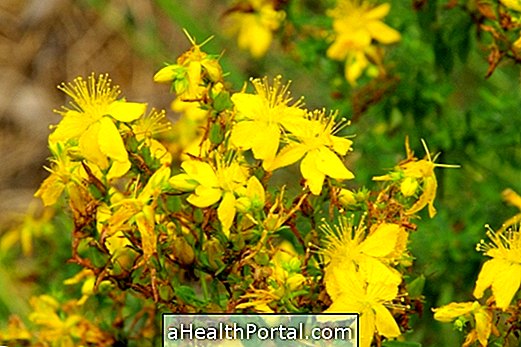



-o-que--sintomas-transmisso-e-tratamento.jpg)





